Abstract 10/2013
Table of content
Maciej Szymczak – In anticipation of autonomous cars. Will they meet drivers’ expectations and how will they affect cities?
Kazimierz Jamroz, Lech Michalski, Jacek Oskarbski – Road safety management in cities
Andrzej Szarata – Development of simulation model of the Małopolska region – the demand model
Tomasz Kulpa – Missing data imputation on example of number of registered trucks
Anna Romanowicz – Assessment of the quality of the bus public transport services in the Małopolska voivodeship
Aleksandra Mendryk – The model approach to the marketing strategy of entities organizing transport services on the market of public transport in Poland
Abstracts
Maciej Szymczak
In anticipation of autonomous cars. Will they meet drivers’ expectations and how will they affect cities?
Abstract: For severalyears now we have been seinga clearstep-upefforts todevelopan autonomous car – the vehicle which is able to drive itself and without thedriver. Such cars are under roadtests nowadays. Recently every motor show presents some premiere models of this category. Not only carmakers themselves have been involved in the development work. Foretaste of future developments is the currentrange of vehicle equipmentavailable on the marketthatcarmakersofferfor particular models. Many componentscan be regarded asan intelligentsolutionleading to theautonomy ofthe vehicle.Facing those trendsit seems worthwhile to considerbenefits of popularization of totally autonomous cars for cities, it is also important to examine drivers’ attitudetotheprogressiveautonomy ofdriving: to driver’assistance systems,and to futuredriverlesscars as well.This is a purpose of the paper. It turns out that cities can benefited significantly when autonomous cars are in use but only under the condition that theydominate the traffic. The surveyshowed thatprogress of development ofan autonomouscar is generally positively accepted by car users,but majority of driverswant to have possibility to drive the car on their own. The results of research were supplemented by a brief description ofprogress in the field of car assistance systems andachievements towards the development ofa driverless car.
Keywords: autonomous cars, driverless cars, self-driving cars, urban transport
Kazimierz Jamroz, Lech Michalski, Jacek Oskarbski
Road safety management in cities
Summary: Safety management plays a very important role in the modern approach to the development of safety based on the concept of the three eras, which represents activities aimed at the development and improvement of road infrastructure, safety management and promotion of a safety culture, where safety management plays a very important role. The paper presents the characteristics of road safety with the identification of the main problems and risk groups in urban areas. Systems of road safety management were characterized, which includes organizational structure, planning activities, responsibilities, policies and procedures, as well as resources (personal and financial) necessary to develop, implement, and monitor the implementation of the adopted vision and strategic objectives in the field of road safety. Against this background, the concept of road safety management system in cities was proposed by focusing mainly on standardized management tools. The paper also addressed the automation of security management in the cities, which may be developed with the use of the existing traffic management systems or those which are being implemented. Quoted in the article, the analytical results confirm the high effectiveness and efficiency of the proposed Directive 2008/96/EC on the safety management system of road infrastructure on rural roads, and indicate the need of preparation of an organizational system and appropriate procedures to implement the integrated system of road safety management in the urban road network. Improvement with regard to the requirements of standardization, research results and examples of good practice also require tools for safety management with particular emphasis on automation with the use of Intelligent Transport Systems.
Key words: urban areas, cities, road safety, management, management tools.
Andrzej Szarata
Development of simulation model of the Małopolska region – the demand model
Abstract: The Cracow University of Technology is a leader of scientific consortium, working on development of public transport master plan for the Małopolska region. Important part of the project was comprehensive travel study conducted in the households of the Małopolska. In total, the interviews were conducted in 4 000 households and obtained results have been used for the modeling purposes. The paper presents selected aspects of demand modeling issues for the purpose of simulation model development. The model will be used as a tool for estimation of the effectiveness of planned scenarios of transportation systems development and plays important role in the public transport master plan. The modeling procedure is embedded in classical four stage approach, however within the paper, only three of them: demand, gravity and modal split have been described. At the end, results of modeling procedure in form of equations and respective parameters as well as results of model calibration and validation have been presented.
Keywords: transport model, demand modeling, public transport master plan.
Tomasz Kulpa
Missing data imputation on example of number of registered trucks
Abstract: In this paper missing data methods application was presented. Reasons of missing data might be various: caused by refusal to answer the question in inquiry, carelessness of person conducting the measurement or data are not collected or collected only for certain groups. Three types of missingness were listed: random, partially random and non-random, and two groups of imputation methods were characterised: simple and complex. However listwise deletion is widely used but it results in sample size reduction. Thus other methods should be explored. In paper different methods of missing data imputation were described using fictional examples. Next, chosen procedures were used to deal with missing data in number of trucks registered in districts. Each method was evaluated and conclusions were formulated. The worst results were achieved for mean imputation, while the best for single regression imputation.
Key words: trip modelling, traffic research, data bases
Anna Romanowicz
Assessment of the quality of the bus public transport services in the Małopolska voivodeship
Abstract: The most important goal of the passenger transport in the situation of rapid technological development is to offer passenger transport services the highest possible level. An effective solution to the problems effected from the rapid economic development and the development of the automotive industry can be a concept of sustainable development. In the sustainable transport system functionality is intergenerational and based on a balance with the natural environment. The general level of inhabitants’ satisfaction on quality of bus public transport, based on surveys conducted in 2010 and 2012, as well as 11 quality characteristics of bus public transport in the Małopolska voivodeship are presented in the article. In the analyzed years respondents considered general level of satisfaction of quality of bus public transport as good. The same evaluation applies to the public transport. The best mark is for direct connections, reliability of travel and personal security, and the lowest appraisal was given to the information in vehicles and at bus stops as well as to the possibility of choice different connections. It should be noted that in regular services to work or to school, passengers need to have opportunity to choose among various options of the trip, so barriers in public space and public transport should be eliminated and availability of daily services should be improved. Thanks those activities quality level of communication services might be verified.
Key words: quality, regional transport, sustainable transport
Aleksandra Mendryk
The model approach to the marketing strategy of entities organizing transport services on the market of public transport in Poland
Abstract: The entities organising transport services on the market of public transport, operating in the conditions both of declining demand for public transport services and increasing competition of individual transport, need to take effective actions to attract new customers and retain existing ones. Deliberately planned actions formalised in a marketing strategy, are not only sufficient but also necessary condition for the proper development of the entities organising transport services on the market of public transport. The marketing strategy stimulates the development and growth of the company, when it includes active and coherent marketing efforts, enabling in the optimal way to use the strengths of the company and the opportunities occurring in the environment. In the article, on the basis of the results of own research, on the use of marketing strategies in urban transport, the model approach to the marketing strategy of entities organising transport services on the market of public transport has been presented. The model approach includes the potential objectives of the action, as the base of marketing strategy, and its content defining target market, proceedings and marketing instruments. The suggested model approach indicates the potential actions that can be undertaken by organisators of public transport implementing marketing strategy. The model approach does not indicate the only proper solutions, however it may be useful in the formulation of marketing strategy for the entities organising transport services on the market of public transport.
Key words: public transport, marketing strategy, target market, segmentation, marketing management
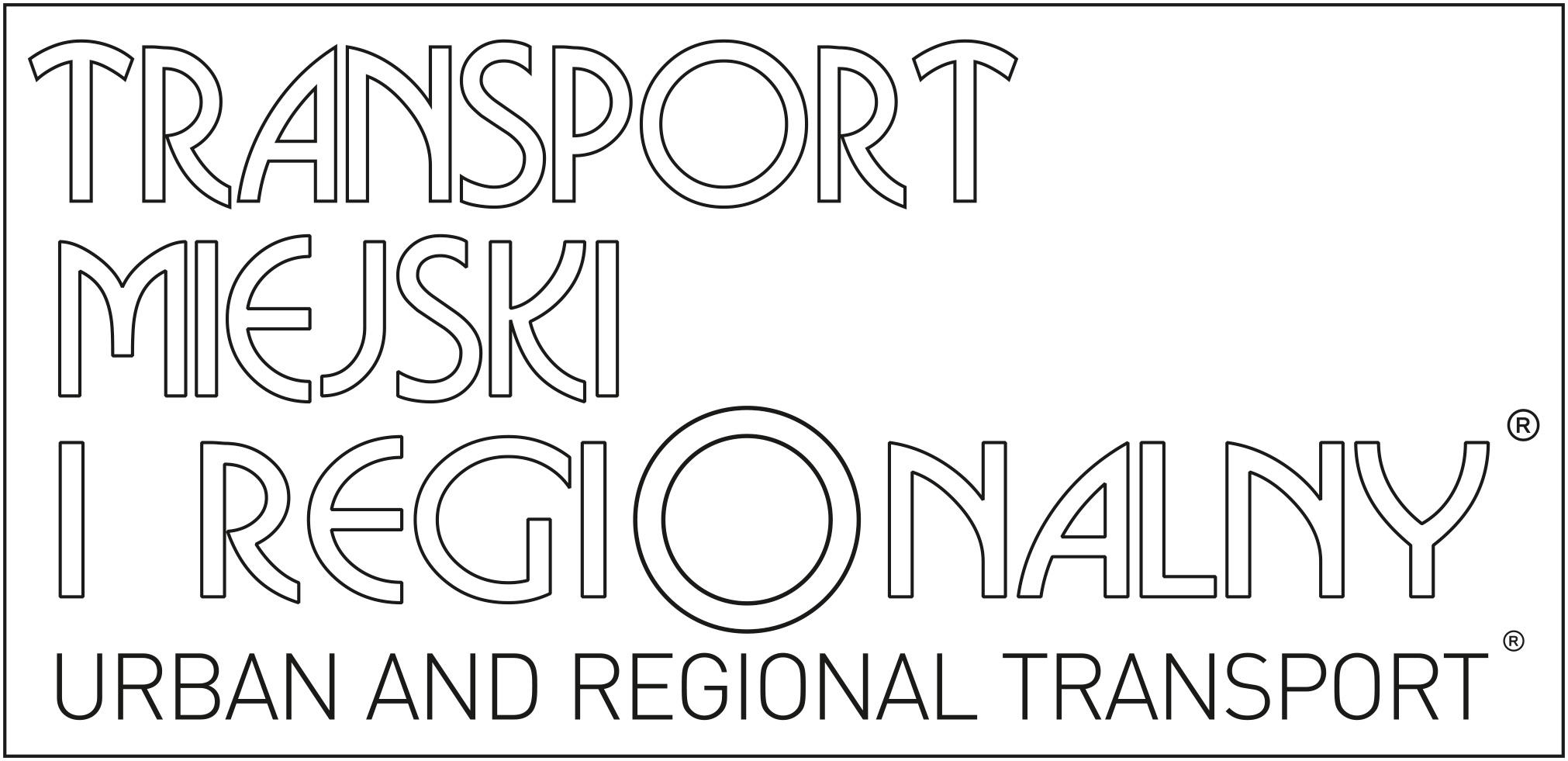
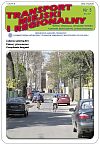 SITK RP
SITK RP 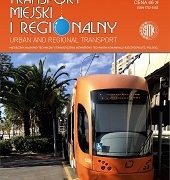
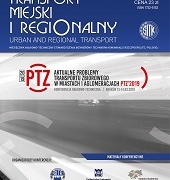
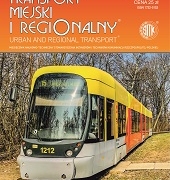
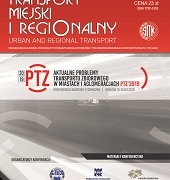
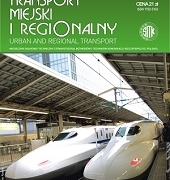

 SITK RP
SITK RP SITK RP
SITK RP